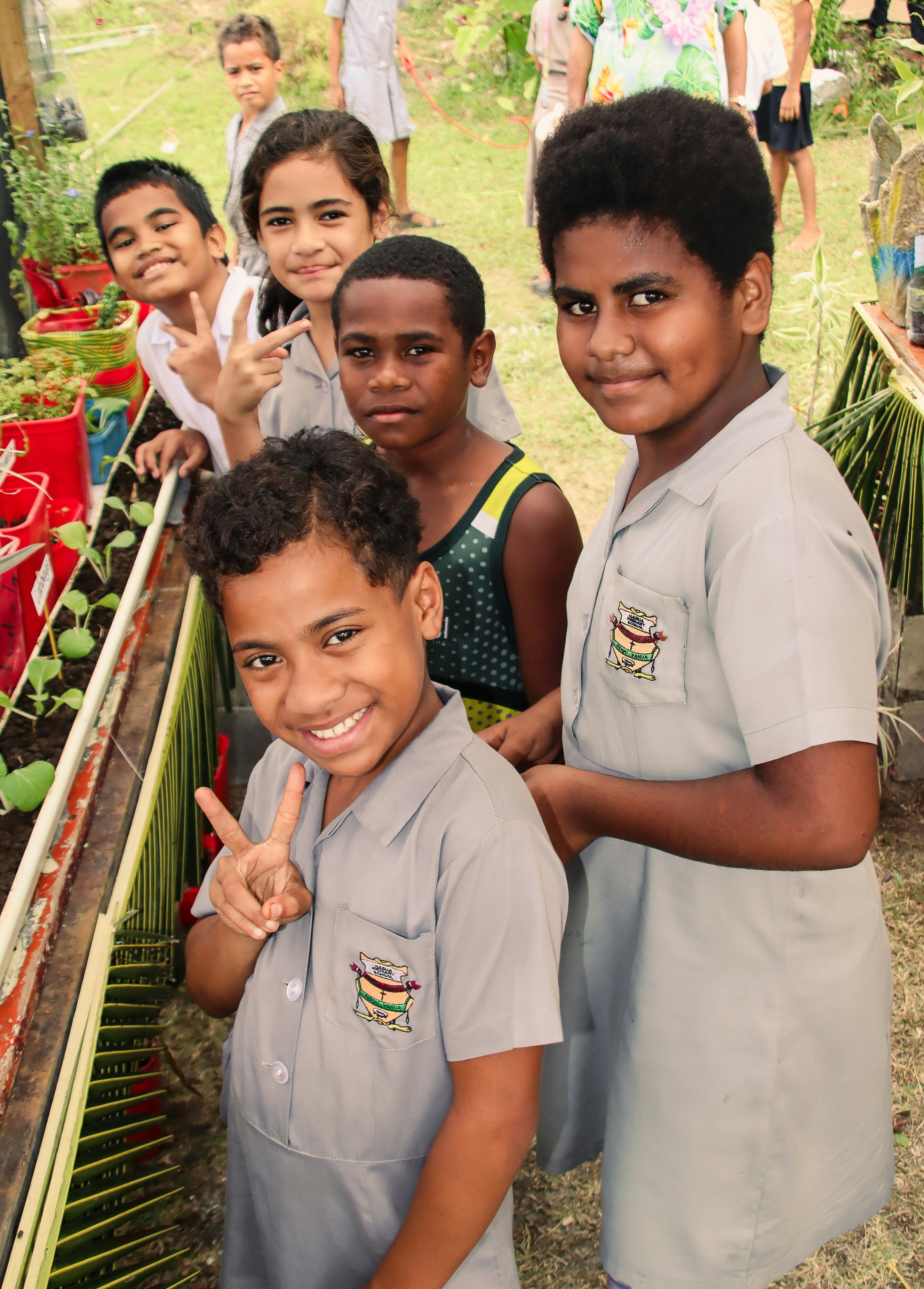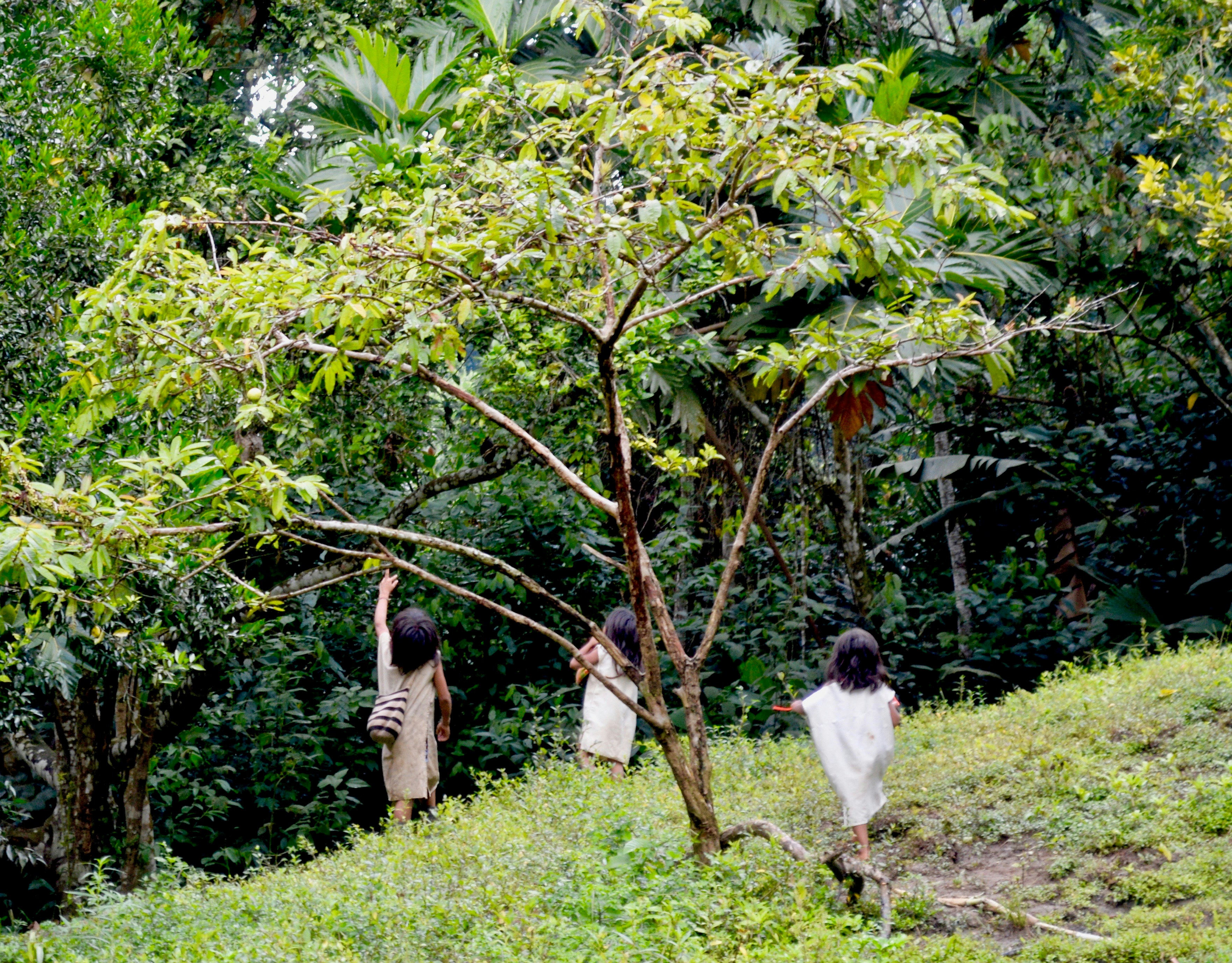Understanding Eco-Volunteering
Eco-volunteering is a unique form of volunteerism that focuses specifically on environmental conservation and sustainability efforts. Unlike traditional volunteering, which may encompass a wide range of community service activities, eco-volunteering is specifically aimed at promoting ecological awareness and supporting initiatives that protect and restore natural habitats. Families looking to engage in meaningful activities that benefit the planet will find eco-volunteering an enriching experience.
Various types of eco-volunteering opportunities are available, each designed to address specific environmental challenges. One prominent avenue is conservation projects, where volunteers work to preserve endangered species and their habitats. Families can participate in activities such as planting trees, monitoring wildlife populations, or restoring wetlands, all of which play a vital role in maintaining ecological balance. Additionally, wildlife rescue efforts often welcome families, providing opportunities to rehabilitate injured animals or assist in the care of wildlife sanctuaries, fostering a deep connection to nature.
Community clean-up events are another popular form of eco-volunteering. Here, participants can engage in activities that directly improve their local environments, such as removing litter from parks, beaches, or urban areas. These initiatives not only enhance the aesthetic appeal of spaces but also foster a sense of community and responsibility towards the environment. Such activities can be particularly rewarding for families, as they can instill values of stewardship and environmental consciousness in children.
Overall, engaging in eco-volunteering offers numerous benefits both for the environment and participants. Families who choose to partake in these opportunities are not only helping to address urgent ecological issues but also enjoying quality time together and developing a stronger appreciation for the natural world. Thus, eco-volunteering can play an instrumental role in fostering a more sustainable future while enriching family bonds.
Benefits of Eco-Volunteering for Families
Engaging in eco-volunteering presents numerous advantages for families, significantly contributing to building stronger family bonds while fostering a deep-rooted understanding of environmental responsibility among children. Participating together in activities such as tree planting, wildlife conservation, or beach cleanups encourages teamwork and collaboration, facilitating stronger connections among family members. This shared experience offers a unique opportunity to create lasting memories, reinforcing the value of spending quality time together outside the confines of daily routines.
Furthermore, eco-volunteering serves as an educational platform where children can learn about the natural world and the importance of preserving it. By actively participating in conservation initiatives, children gain firsthand knowledge of environmental issues, such as habitat loss and pollution. This experiential learning encourages them to appreciate the intricacies of ecosystems and the vital role each organism plays in maintaining environmental balance. Such understanding instills a sense of stewardship towards nature, fostering a commitment to sustainable practices throughout their lives.
Participating in eco-volunteering also cultivates essential skills. Through engaging in projects, children can develop empathy for the environment and the communities they serve, which not only allows them to connect with nature but also with the diverse individuals around them. This exposure aids in honing leadership skills, as young volunteers often take on responsibilities, coordinate with peers, and contribute ideas during projects. By witnessing the positive impact of their efforts, children can nurture a sense of pride and empowerment, further motivating them to champion environmental causes. Overall, eco-volunteering cultivates a love and respect for nature, establishing enduring values that shape responsible, engaged future citizens.
Finding the Right Eco-Volunteering Opportunities
When considering eco-volunteering opportunities, families should take a methodical approach to ensure a rewarding experience that aligns with their interests and commitment levels. A variety of resources can assist in locating suitable eco-volunteer programs. Local community organizations often run environmental initiatives or partnerships with schools, making them a great starting point. Engaging with these entities can provide insight into opportunities that resonate with family values and schedules.
Educational institutions, such as schools and universities, frequently host eco-volunteering projects. These programs may cater to different age groups and often benefit from the involvement of families. Checking with local educational bodies can highlight initiatives designed for students and their families, ensuring everyone can participate and learn together. Furthermore, many institutions collaborate with non-profits focused on conservation, recycling, or wildlife protection—providing avenues for families to engage in meaningful service.
Online platforms have emerged as valuable tools for discovering eco-volunteering opportunities. Websites dedicated to volunteer matching often provide filter options that allow families to select projects based on their interests, location, and availability. Such platforms can also offer reviews and testimonials, helping families evaluate the credibility and impact of various programs. Additionally, social media groups and forums can connect families to smaller, grassroots projects, enhancing their volunteer experience with localized knowledge and fellowship.
Ultimately, it is crucial for families to assess the suitability and potential impact of selected programs carefully. Considering factors such as the organization’s mission, its achievements, and engagement with participants can guide families toward making informed decisions. Prioritizing alignment with personal values and interest areas will not only enhance the volunteering experience but also foster a strong commitment to environmental stewardship among family members.
Inspiring Families Who Make a Difference
Across the globe, countless families have embarked on eco-volunteering adventures, showcasing their commitment to environmental sustainability. One such family, the Thompsons from Oregon, dedicated their summer to restoring a local wetland. Working alongside other volunteers, they planted native vegetation and removed invasive species. Not only did their efforts significantly improve the ecosystem, but the experience also deepened their children’s understanding of biodiversity and conservation. The Thompsons often reflect on how this project helped them bond as a family while giving back to their community.
Another compelling story comes from the Martinez family in California. They participated in a marine conservation project aimed at protecting sea turtles. This initiative not only educated the family about marine life but also allowed them to monitor turtle nesting sites and assist in releasing baby turtles into the ocean. Their involvement reinforced the importance of conservation, with the children sharing their knowledge with peers at school, becoming advocates for aquatic life protection. Their narrative illustrates how engagement in eco-volunteering can extend beyond direct involvement; it can inspire broader community awareness and action.
The Johnsons, who reside in Canada, engaged in an urban tree-planting initiative aimed at enhancing local green spaces. By collaborating with neighbors to plant over fifty trees in their community, they transformed neglected areas into flourishing parks. This act of eco-volunteering not only beautified their surroundings but also provided habitat for local wildlife. The Johnson children learned valuable skills in teamwork and environmental stewardship, fostering a lifelong love for nature.
These stories exemplify the transformative power of eco-volunteering within families. Engaging in projects that promote sustainability fosters both personal and communal growth, demonstrating that every action contributes to a larger movement toward environmental betterment. Through these inspiring narratives, it becomes apparent that families can create meaningful change while instilling the values of responsibility and compassion in their children, cultivating a new generation of eco-conscious citizens.






